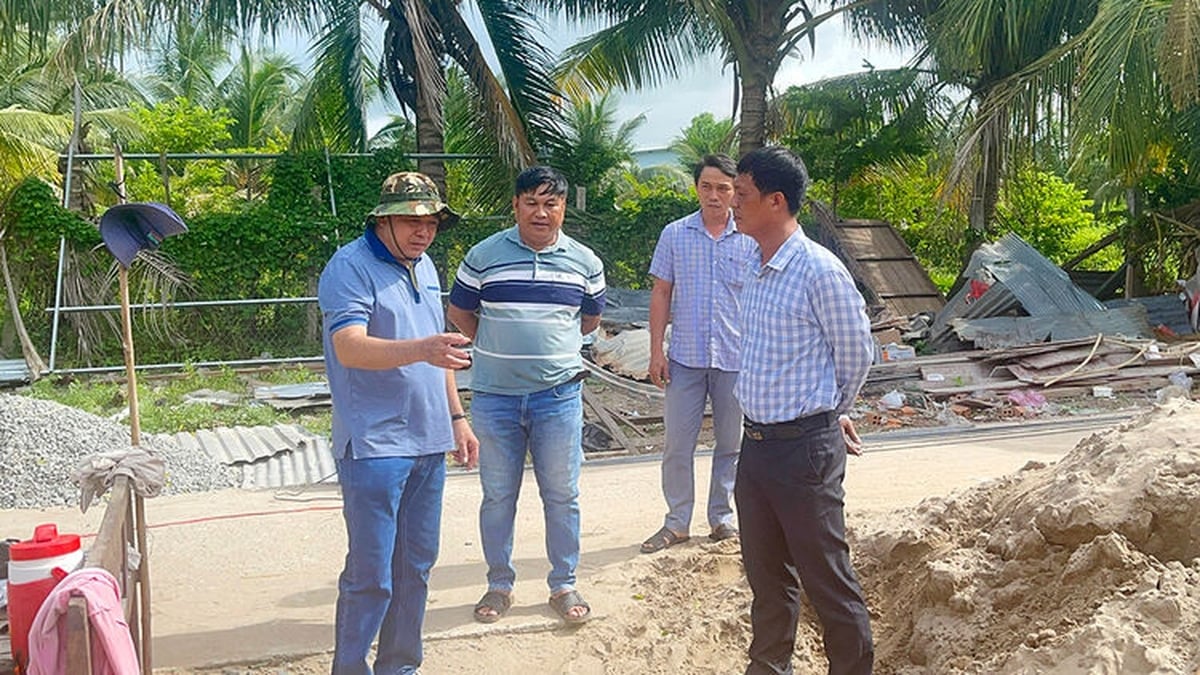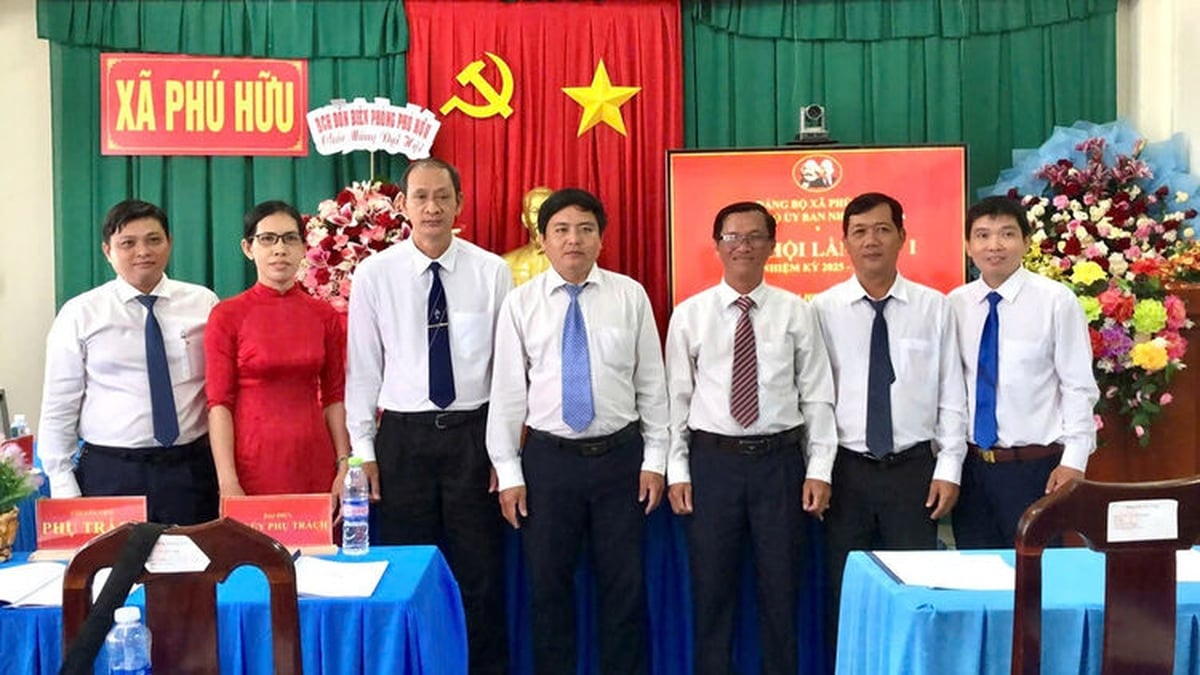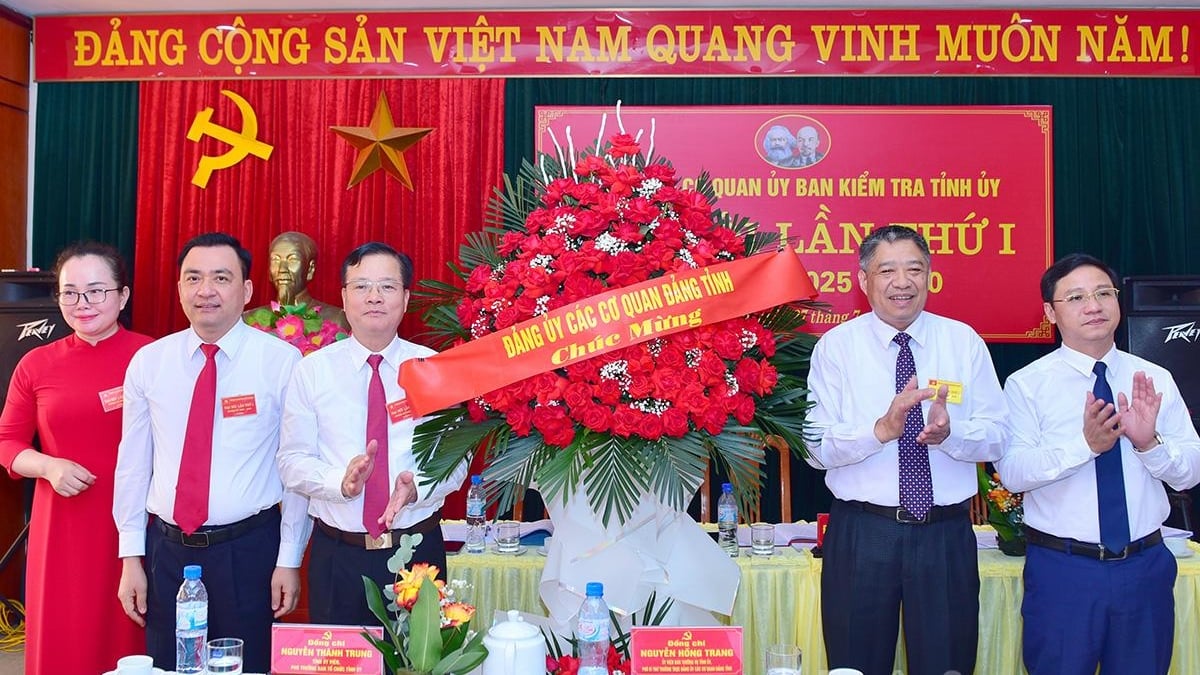However, after many years of implementation, there are still many concerns and worries when the operation is not really smooth, rhythmic, effective and especially not following the trajectory and trend of streamlining that the Central Government has outlined.
Resolution No. 18-NQ/TW dated October 25, 2017 of the 12th Party Central Committee consistently states: “Resolutely reduce and not establish new intermediary organizations; dissolve or rearrange ineffective organizations”. This is a focus in streamlining the payroll - a correct policy, close to the requirements of objective reality. The proof is that in the country's political system, there are still many organizations, agencies, and departments in the intermediary stage whose functions and tasks are unclear, or overlap, or are "indifferent" - having them is fine, but not having them is also fine. Meanwhile, some intermediary organizations and agencies operate ineffectively; their advice is not thorough, of low quality; their direction and guidance are not complete, or they do not have enough authority, or lack feasibility. In some places, the intermediary stage becomes a bottleneck in operation, causing difficulties and suffering for the grassroots...
Also at this stage, many cadres, civil servants and public employees suffer from bureaucracy, heavy office work style, "dependent" on the state payroll, coming in with an umbrella in the morning, going home with an umbrella in the afternoon, receiving their monthly salary; causing cumbersomeness, confusion, making the apparatus operate sluggishly and with poor quality.
Of course, in recent times, the effort to streamline the intermediate stage has been carried out quite drastically and synchronously; many places have shown very high political determination... However, there are still many places that only focus on slogans, implementing the merger mechanically, by changing the name and working position, but the quantity and quality of personnel remain the same. Some places even become confused and operate ineffectively after the merger; and some places "bloat up" in an incomprehensible way?
Meanwhile, the spirit of streamlining is being implemented drastically and thoroughly at the grassroots level. A series of communes, wards and towns have been merged; many commune cadres and civil servants have been forced to quit their jobs to ensure the targets set in the process of streamlining the payroll. Therefore, although they are likened to roots clinging to the masses and the reality of social life, the number of cadres in each commune only ensures more than 20 personnel. The number is small, the treatment is not really satisfactory, training and development work is neglected in some places, regulations on resource creation and development also face many difficulties... These are obvious barriers, making grassroots cadres increasingly tired, gradually losing motivation to strive and unable to fully promote their capacity, strengths and contributions.
I think, if we compare the political system to a big tree, if the trunk wants to grow, the roots must be strong. And the roots here are the grassroots party organizations, the grassroots political system and the grassroots cadres. If the roots of the tree are sparse and not strong enough to cling to the practical soil and connect with the people, then it is very worrying!
Therefore, the streamlining of the payroll needs to be implemented consistently in accordance with the Central Government's direction. In the coming time, we need to focus on cutting down the redundant parts in the intermediate stage and giving more priority to both human and material resources for the grassroots. Only then will the tree roots be strong, the trunk strong, and the political system able to flourish forever.
NGUYEN TRUNG HIEU
Source


































































































Comment (0)